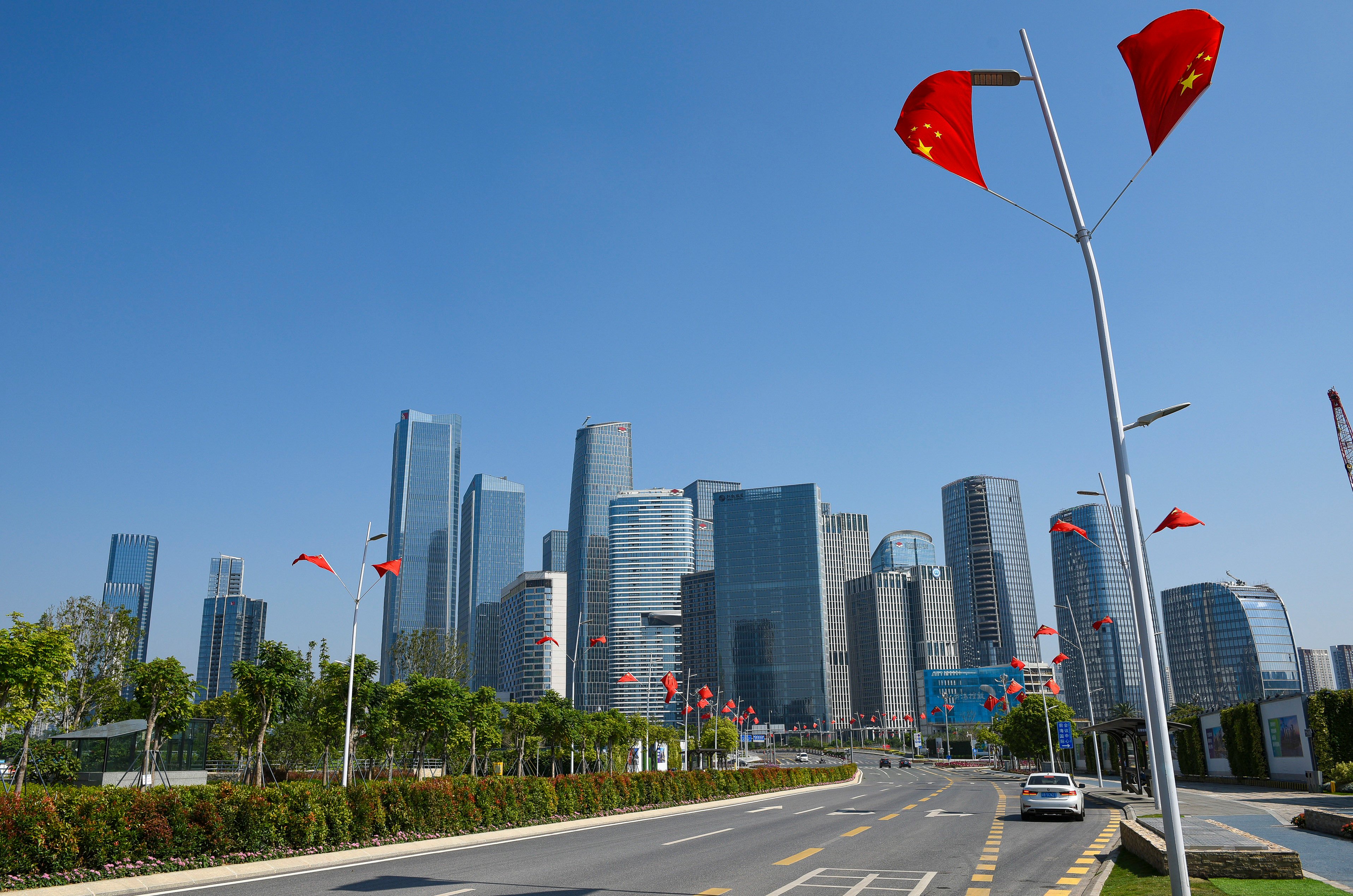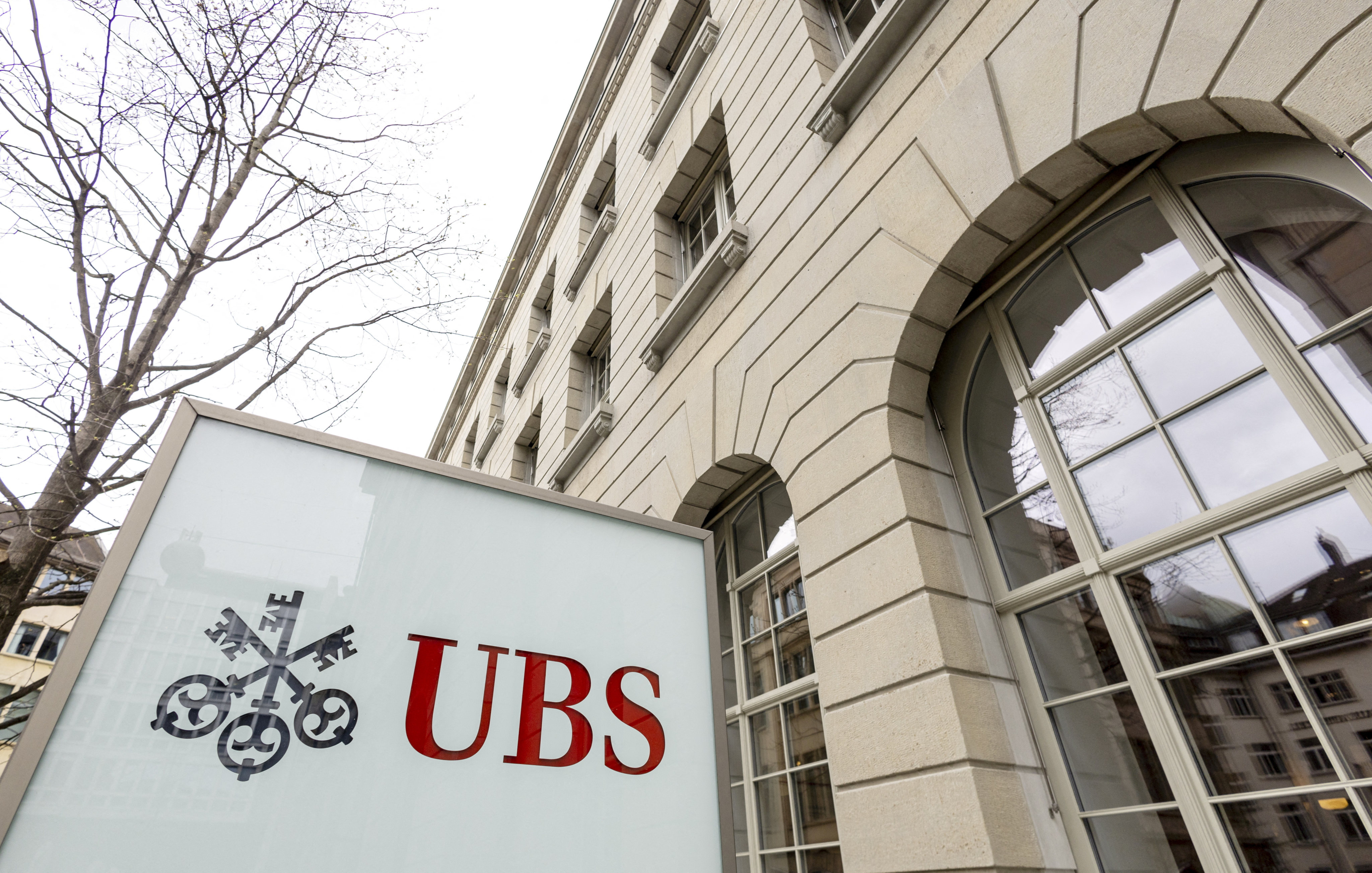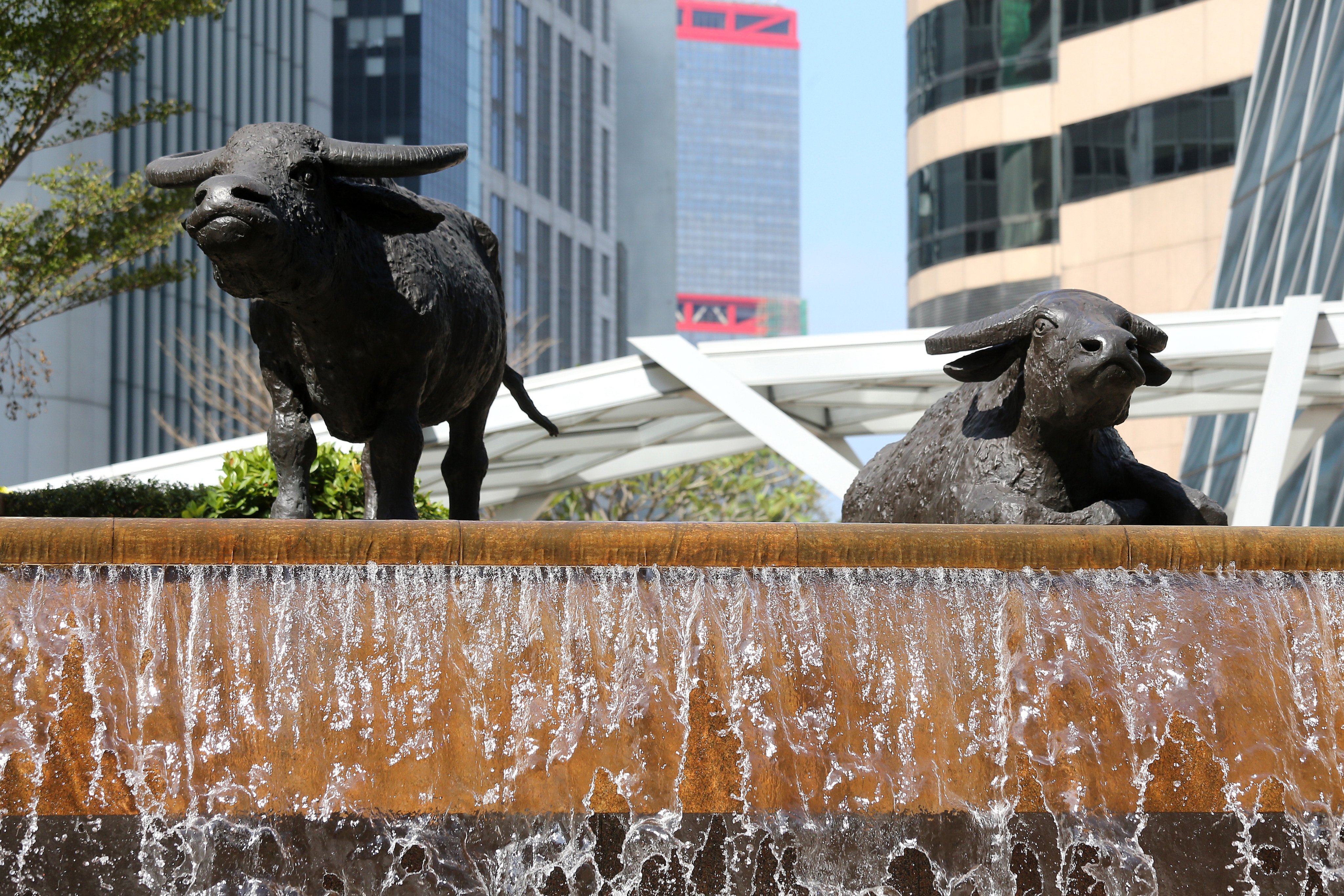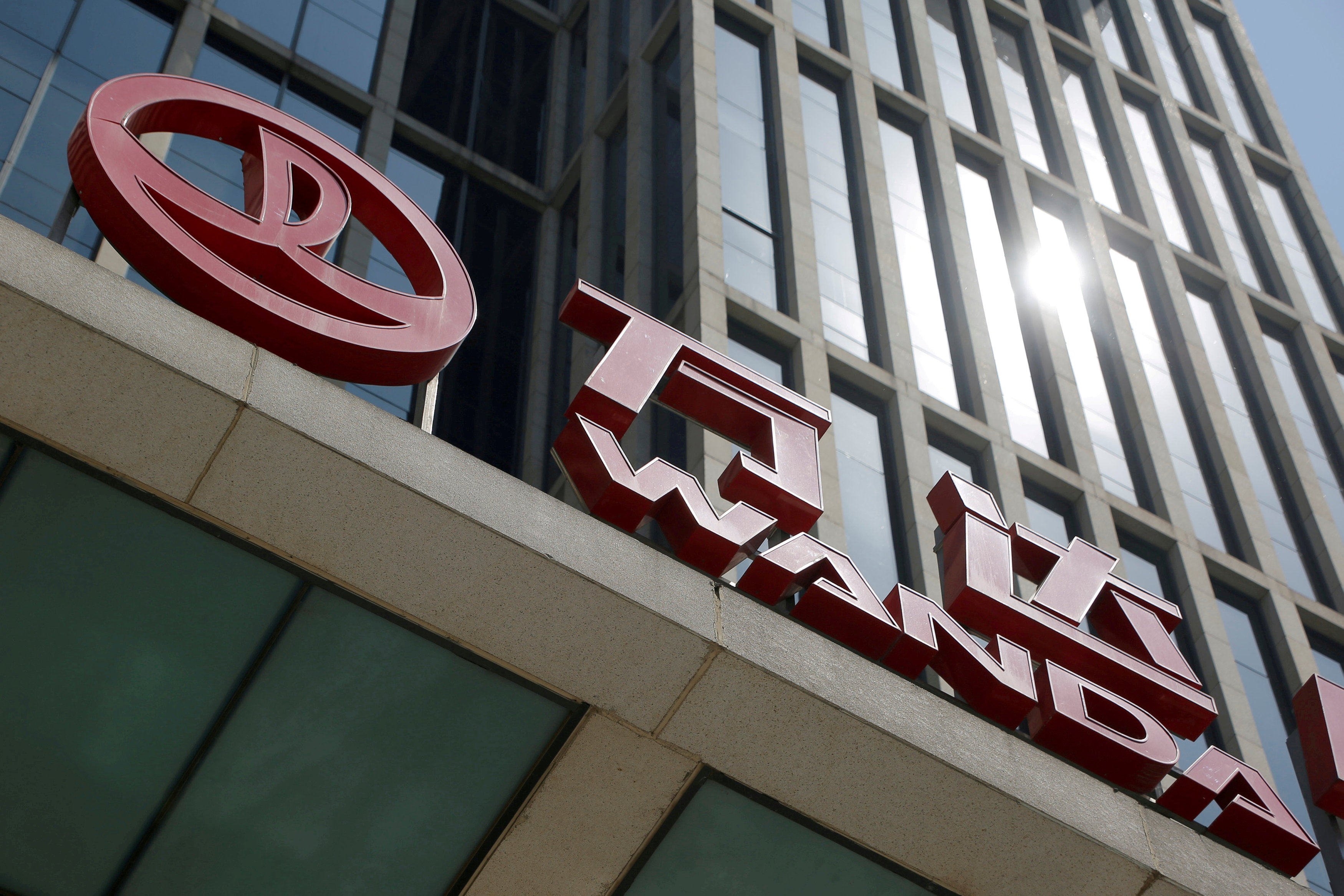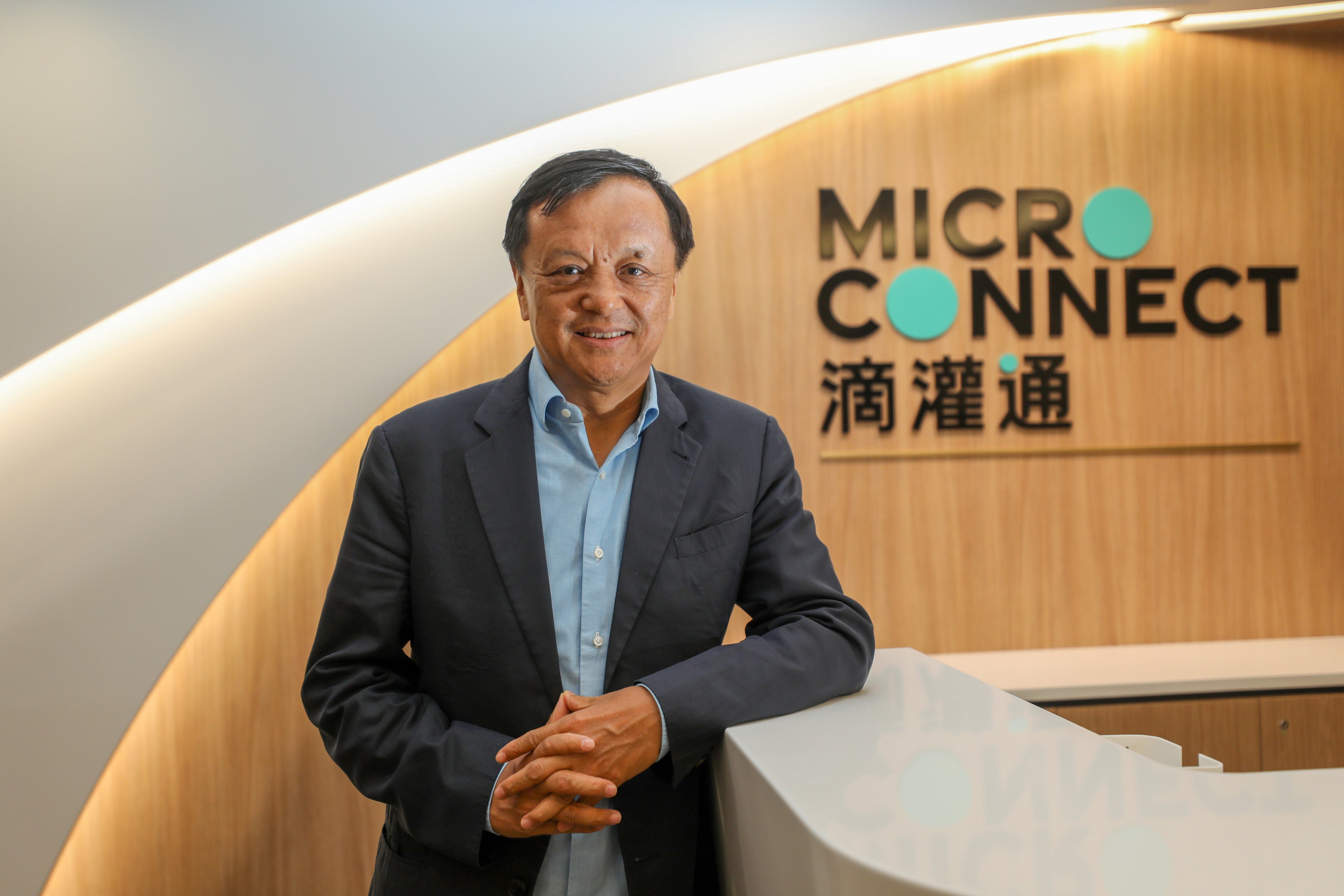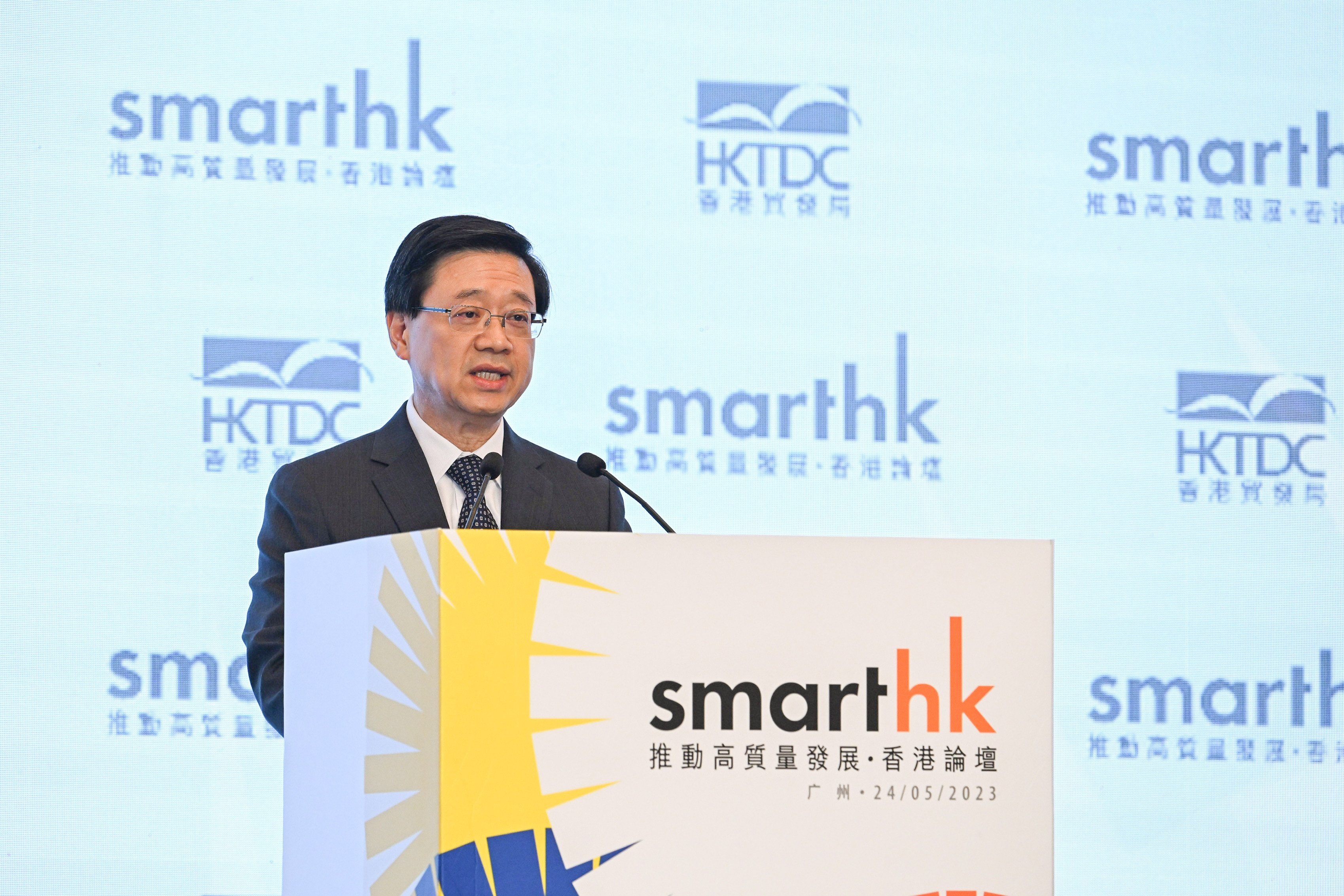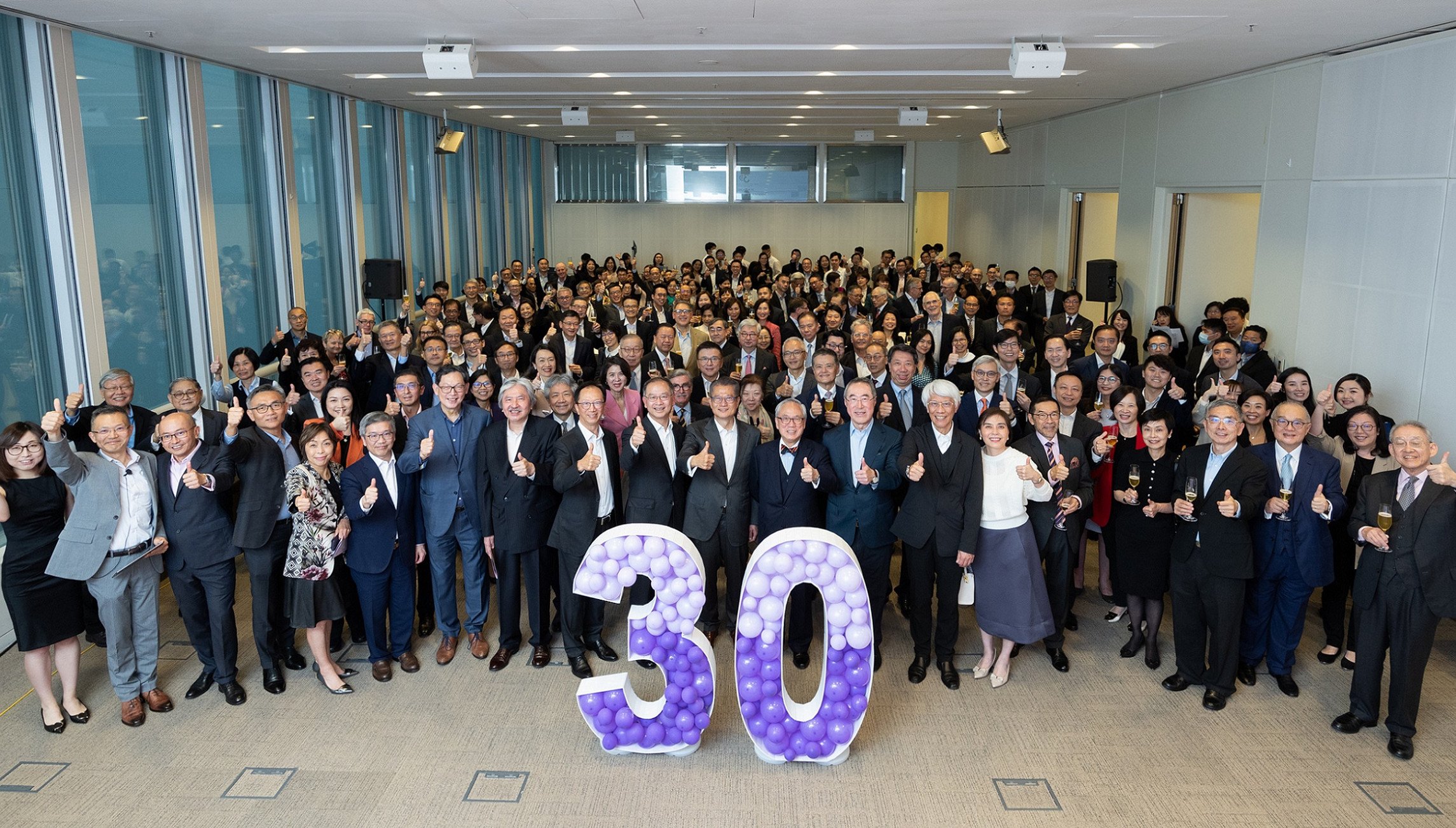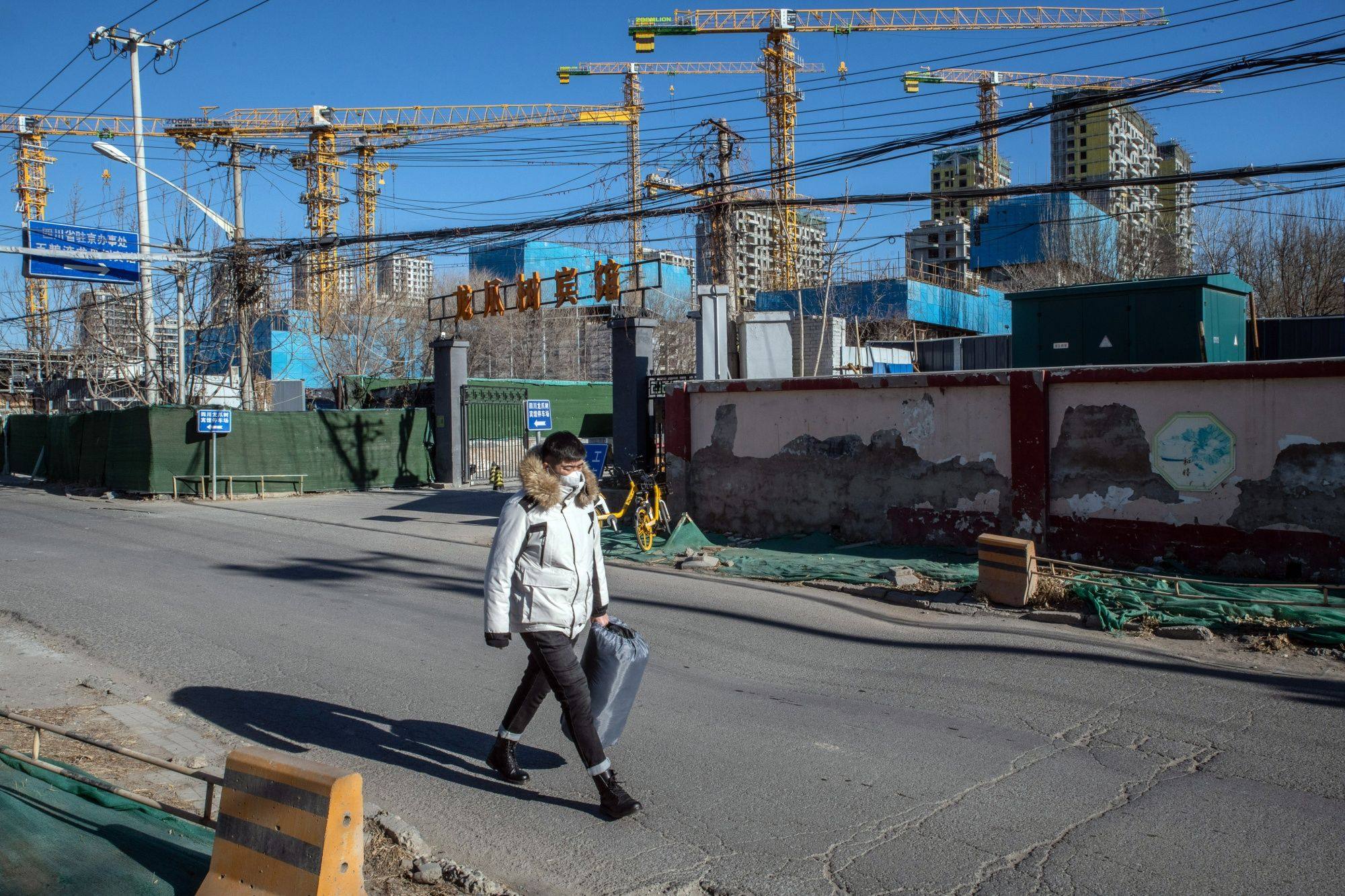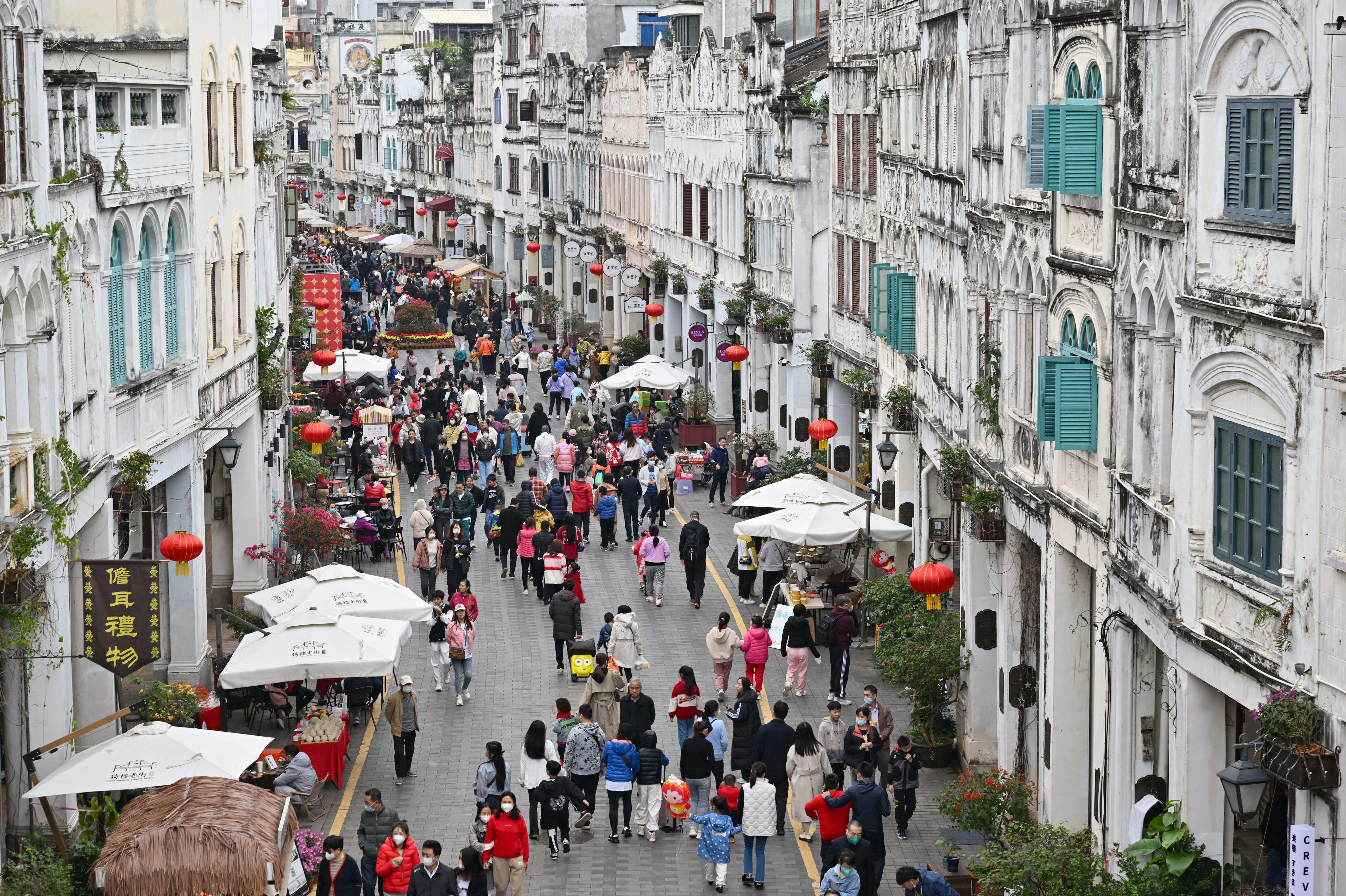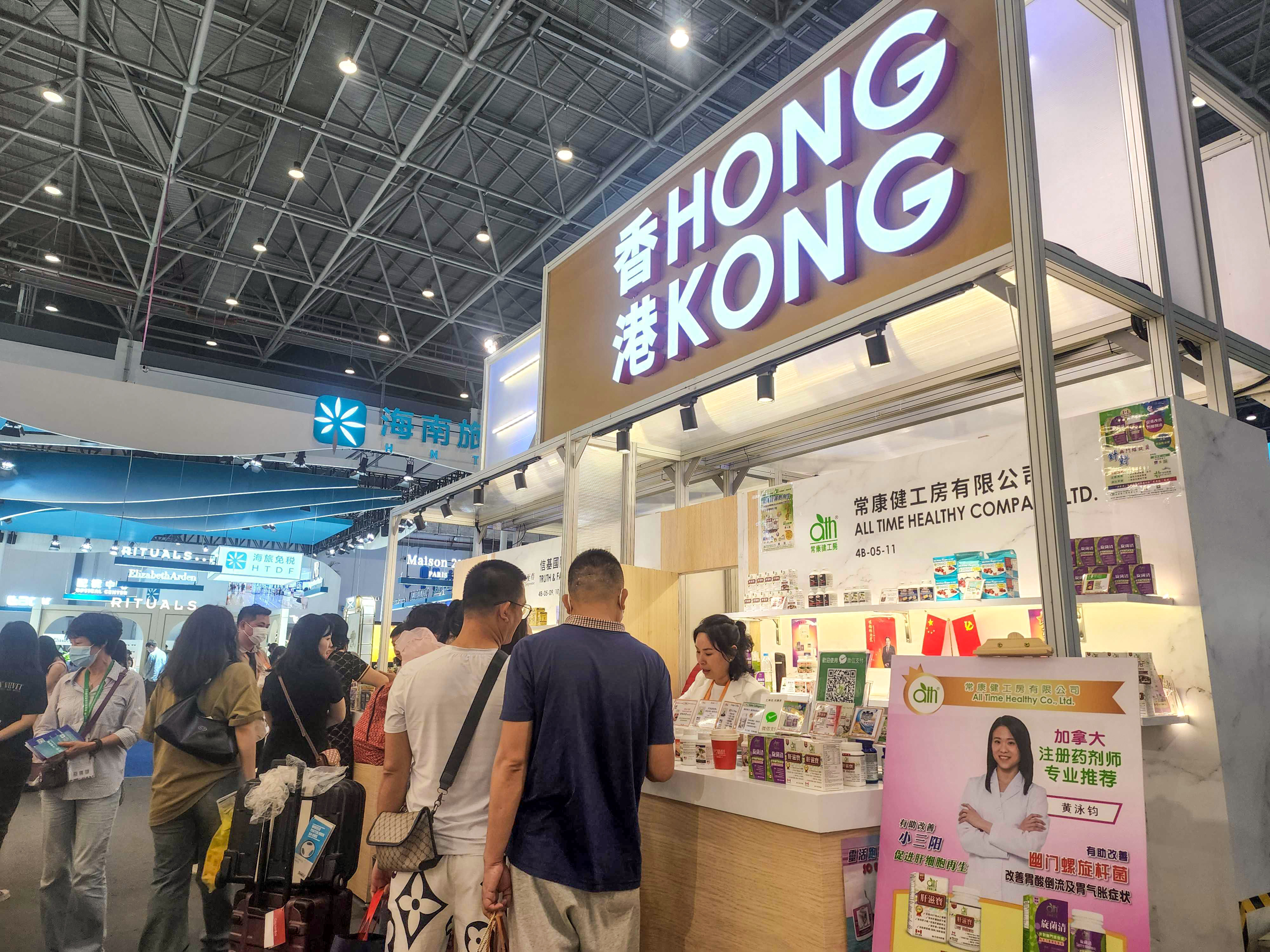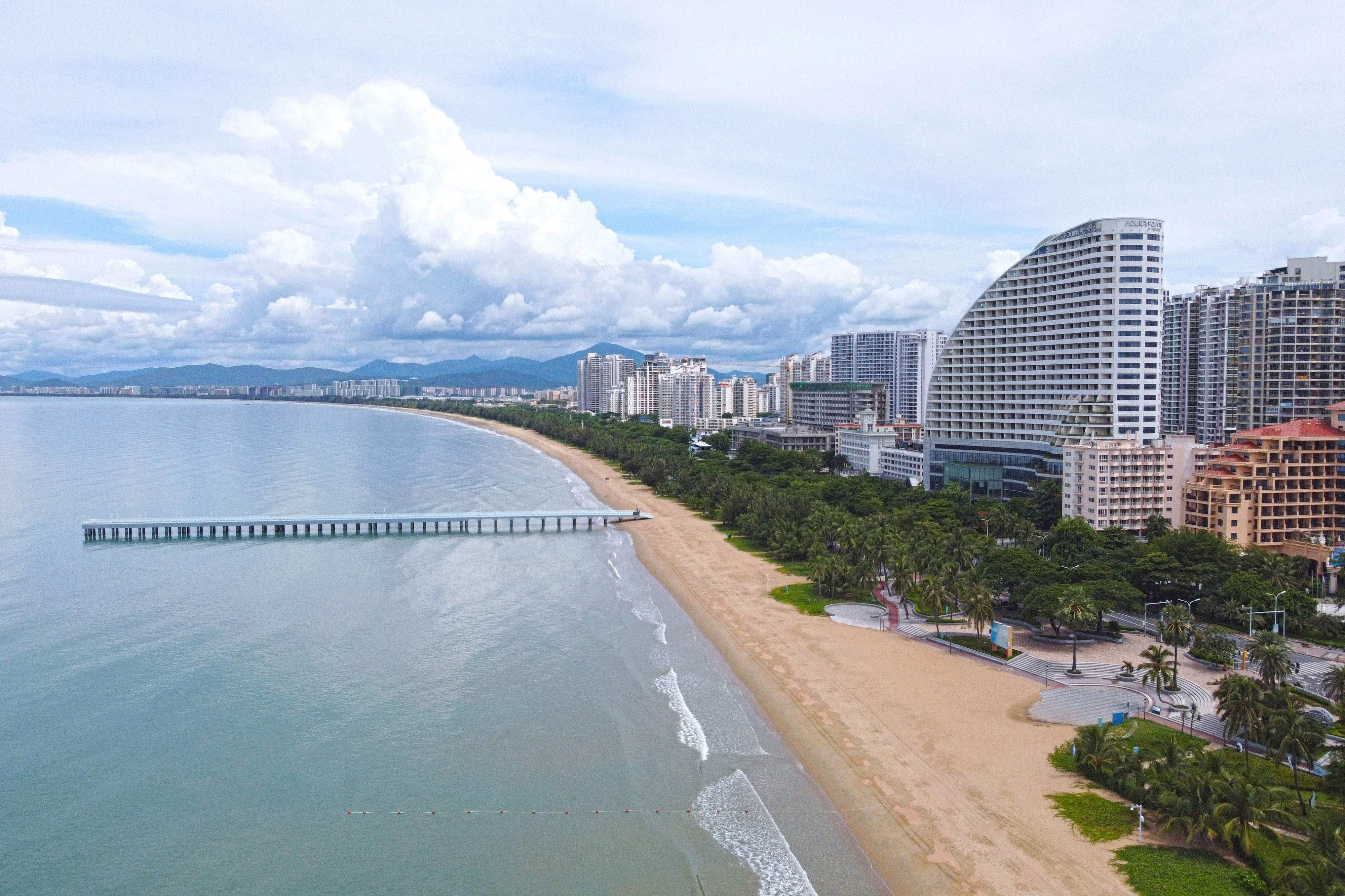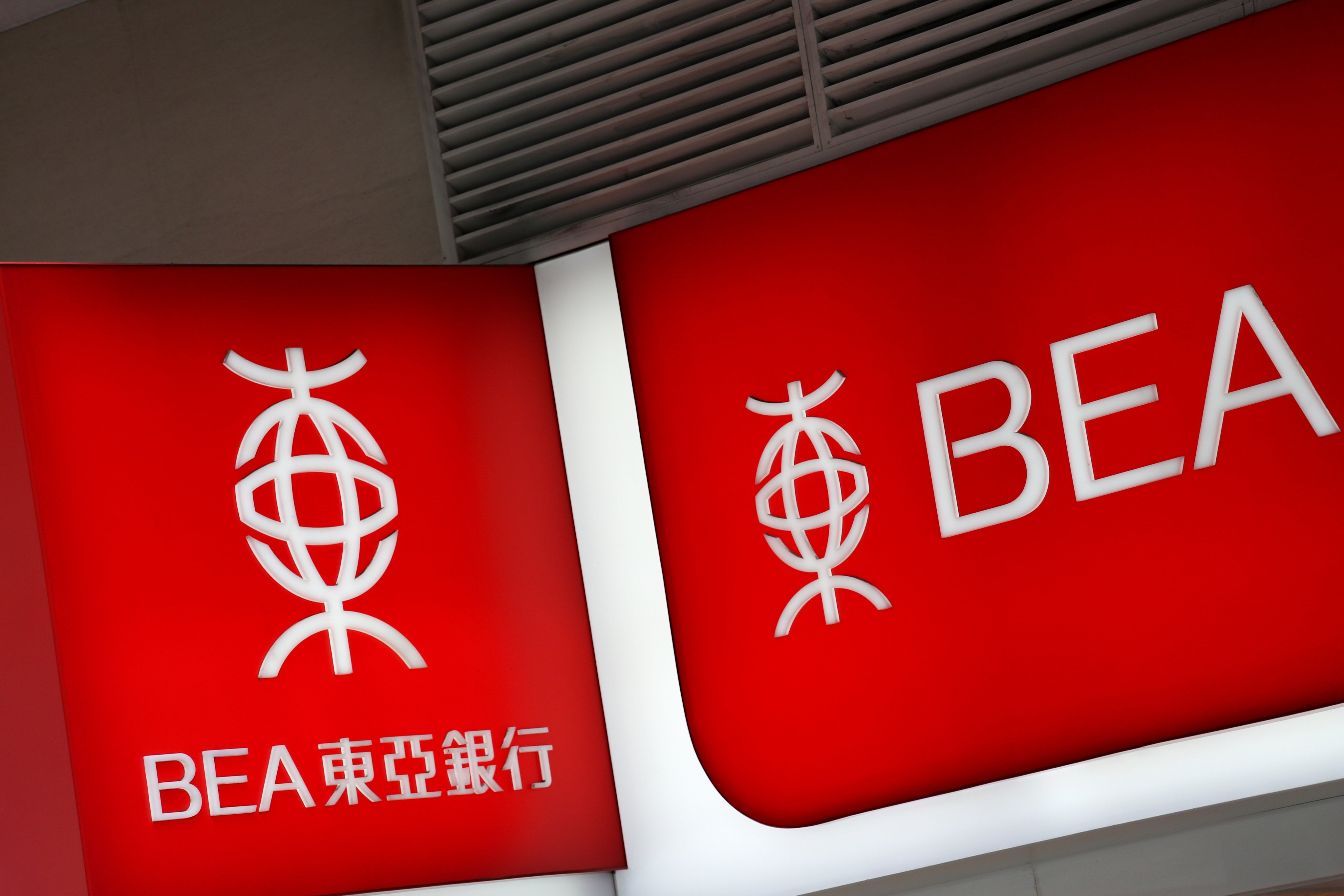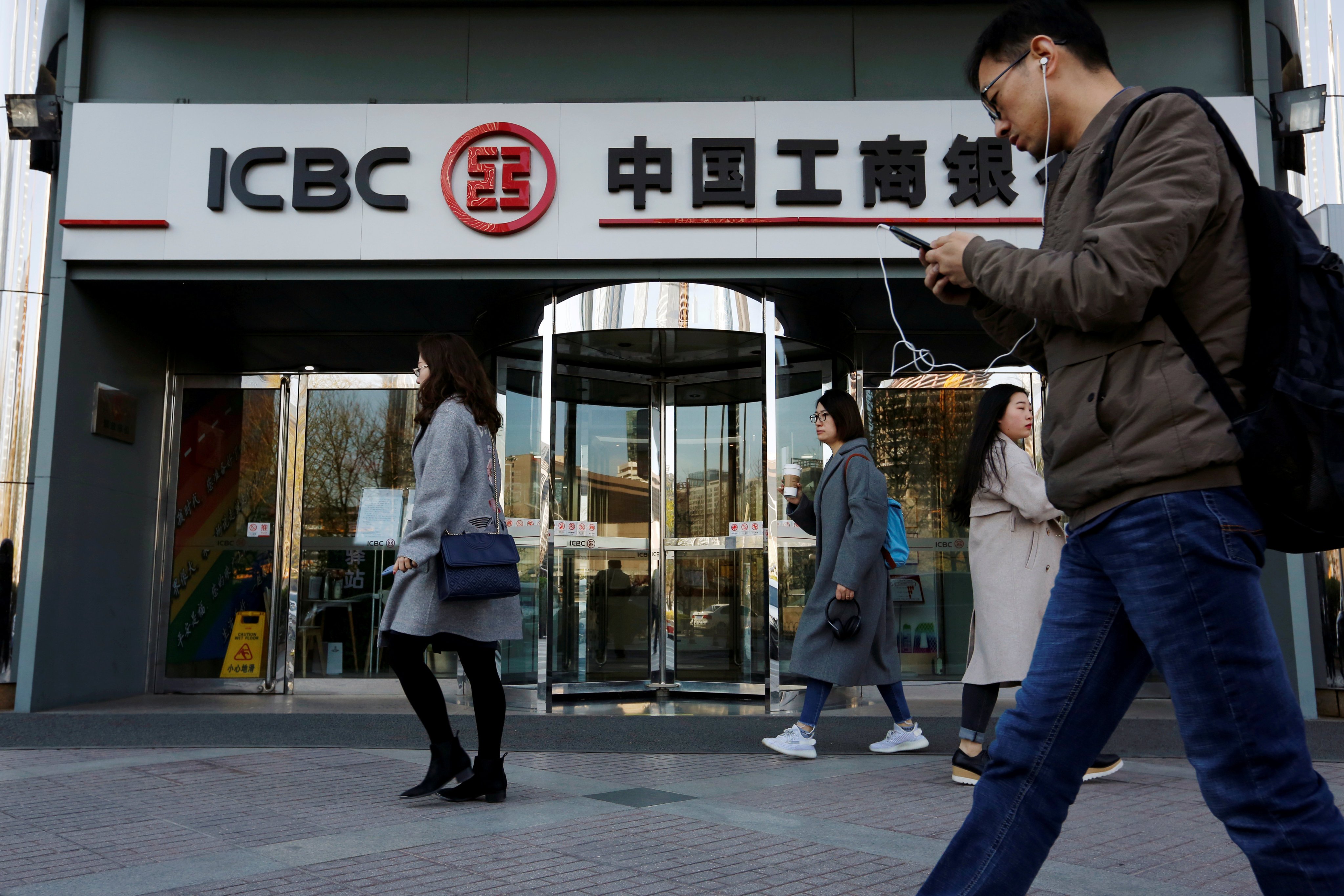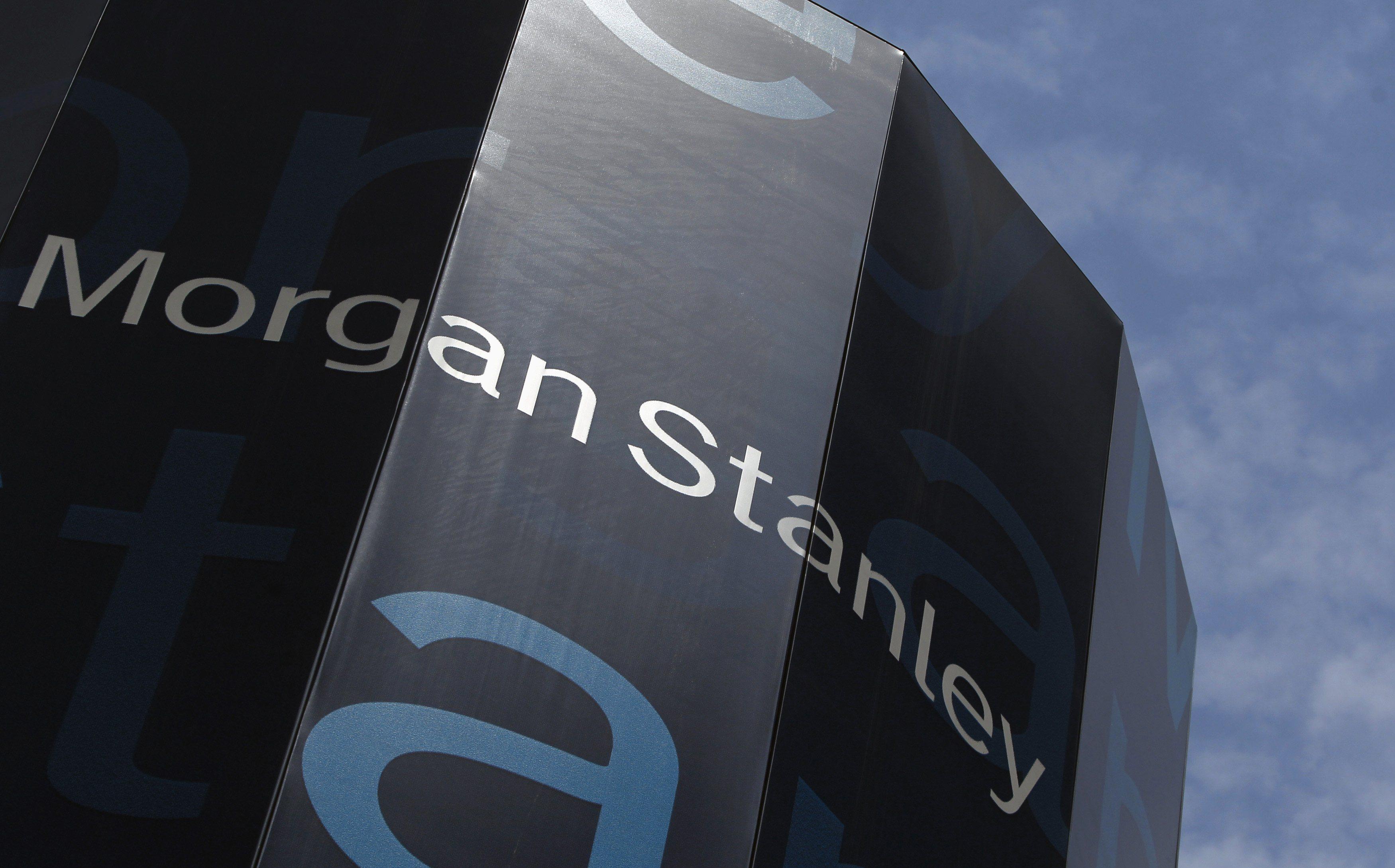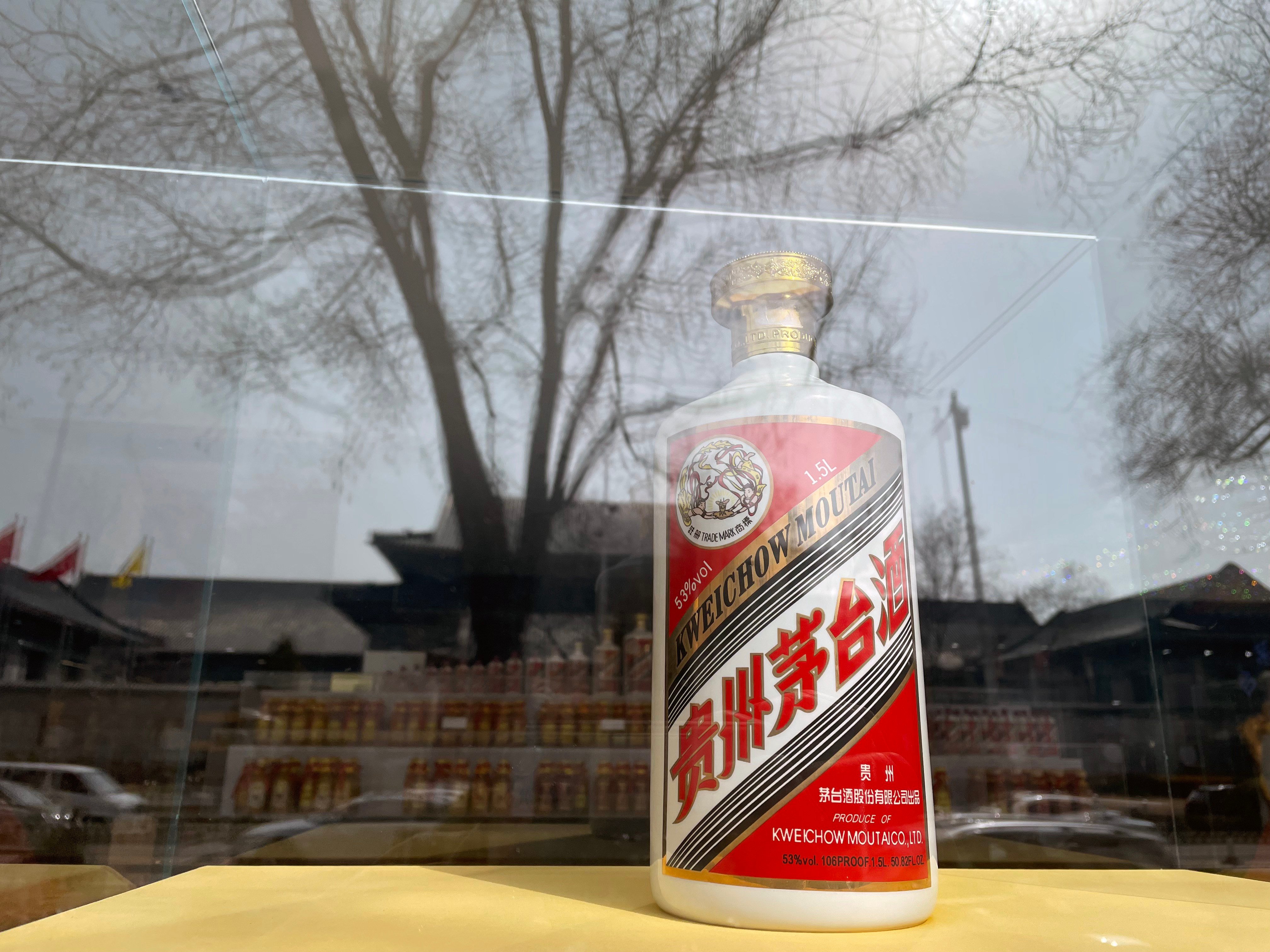Advertisement
Advertisement

Iris Ouyang
Reporter, Business
Iris Ouyang is a business reporter for the Post. She has reported in Washington D.C., Beijing, and Hong Kong in the past several years for both Chinese and international media organisations such as Caixin, Phoenix Finance, MNI, USA Today, MarketWatch and American Banker.
Hong Kong banks are expected to benefit from rising interest rates and growing business opportunities after the border with mainland China reopened this year, but the ongoing China property debt crisis poses a risk, says the latest report from KPMG.
Schroders will launch the first batch of fund products this year, company executive tells the Post, as it joins international firms such as BNP Paribas with expansion plans in mainland China’s US$18.26 trillion asset-management industry.
Hang Seng Qianhai Fund Management, a joint-venture of Hang Seng Bank and local authorities in Shenzhen Qianhai, is launching more diverse products to capture cross-border opportunities in China.
Hong Kong is set to allow banks from Qatar, the UAE and Liechtenstein to advise on industry issues in the city, a step that will enhance collaboration especially between Hong Kong and the Middle East.
Advertisement
CBDCs will disrupt the banking industry, forcing traditional lenders to innovate and helping small businesses access financing, according to a report by Standard Chartered and PwC China.
Family offices in the region will increase their allocations to equities and developed-market fixed-income assets over the next five years, with most interested in medical and health-related technology, the UBS Global 2023 report shows.
Hong Kong stocks are likely to rebound from heavy sell-offs in the second half of the year as a potential easing of monetary policy boosts China’s economic recovery, says Hang Seng Qianhai Fund Management.
Dalian Wanda’s dollar bonds jumped to a new high on Monday after it said creditors of loans worth US$1.3 billion had not demanded early repayments following the failed IPO of unit Zhuhai Wanda.
Micro Connect, an investment platform co-founded by Charles Li, the former boss of Hong Kong’s stock exchange is helping China’s small businesses raise funds from foreign capital. Here’s how it works.
The Greater Bay Area is expected to continue to lead the way in meeting China’s demand for capital to fund its decarbonisation push, facilitating up to US$28.29 trillion in financing.
Hong Kong and Guangdong are deepening cooperation to enhance high-quality development of the Greater Bay Area. The two sides have announced a slew of business and trade activities to drive growth.
The industry will more than double in size to 280 trillion yuan (US$40.4 trillion) by 2030, as the expansion of individual wealth and pension needs requires financial companies to upgrade their products and services, according to a report by McKinsey & Company.
Authorities in the Greater Bay Area are discussing an expanded Wealth Management Connect scheme that will allow investors to buy global equity products as well as increase their individual quotas, the HKMA chief says.
China’s high-yield property bonds are likely to continue along a bumpy road, as they turned to losses so far this year after a strong rally, Allianz Global Investors says.
Hotels in China have hit the jackpot during the five-day holiday with a huge surge in post-pandemic demand allowing them to raise their room prices more than tenfold in some cases.
The latest move to help Hong Kong businesses integrate and increase their footprint in the massive economic zone saw the opening of a new service centre in Guangzhou that was first flagged by Chief Executive John Lee in his policy address.
The government and businesses rolled out new attractions, services and sales as the island province saw a 15 per cent increase in long-haul bookings last month, according to an agency.
Club Med aims to build one or two more resorts in Hainan province, most likely in major cities such as Sanya and Wenchang, while parent Fosun Tourism is optimistic about posting a profit after back-to-back losses in 2021 and 2022.
Dalian Wanda Commercial Management’s offshore bonds fell this week as investors are concerned about possible extension to onshore trust loans, while the clock is ticking for its subsidiary to launch its IPO.
Hong Kong firms are following peers Chow Tai Fook, Kerry Logistics and Micro Connect to expand in ‘China’s Hawaii’ amid hopes of a consumer-spending rebound.
Foreign consumer brands are rushing to China’s tropical island of Hainan, riding on hopes for a post-pandemic economic recovery to drive a revival in tourism and local demand.
Confidence among small businesses is at the highest since 2011, according to a CPA Australia survey. Those that invested in innovation and technology in 2022 are likely to thrive this year.
Bank of East Asia plans to set up its first branch in Hainan province, as officials in China’s largest free-trade hub court foreign investment in the financial sector.
The German carmaker will set up an academy in Hainan province with the aim of training local talent for the electric vehicle industry as it vies for a larger share of the sector.
Allspring has noticed an uptick in demand for liquid alternatives and multi-asset strategies as it eyes a larger client base in Asia.
Chinese lenders largely shrugged off the recent banking crisis in developed markets, gaining in value to take the top five spots in a league table of Asia-Pacific banks ranked by market capitalisation.
Morgan Stanley’s aim for establishing its wholly-owned futures company in China has made some progress as Beijing officially accepted the application.
Chairman Mao’s favourite tipple led China’s top brands in 2022, as consumer firms outperformed technology giants and social-media platforms during a volatile year, according to the latest Hurun brand rankings.
JD.com’s shares jumped as much as 8.1 per cent in Hong Kong following a 7.8 per cent gain in New York overnight. Analyst says the move will enhance efficiency and help the subsidiaries realise their potential.
Collaboration between stakeholders and constant innovation will help build a sustainable ecosystem for the US$240 trillion global payments industry, panellists at the China Conference: Southeast Asia said.



